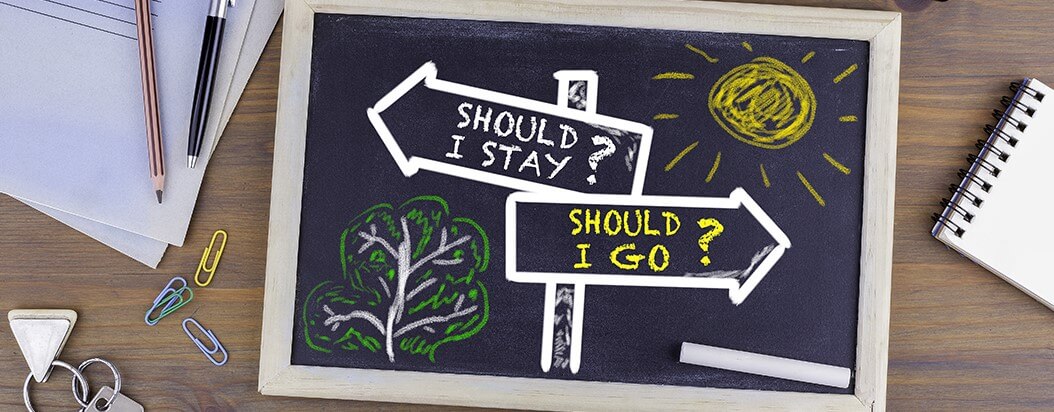The Right to Disconnect or How Hours of Leisure Time Make You a Better Professional
A strange characteristic of most jobs is they are infinite, that is to say they are never-ending, especially for those who are passionate about their work. When faced with balancing our work activities and our personal life, it’s important to put limits on work, limits that new technology has blurred to the point of nonexistence. Leisure time not only makes us happier (which is no small thing) but also makes us better professionals.
It is not only a question of stopping ourselves sending emails or contacting assistants at ungodly hours, but also understanding that the time spent on our professional lives needs to have its limits. In fact, forcing ourselves to stop paying attention to work or study helps us to become better professionals, but how?
Disconnecting makes it possible for us to update information in our brain, coming into contact with deeper thoughts about ourselves and helping us to process difficult choices, to have different ideas or see things from a different perspective. For brain processing, it is as relevant to activities that require all of our concentration as to those that we do in a “semiautomatic” way.
These benefits are activated when we “deactivate” our brain and we allow our ideas to flow without doing anything, at least not consciously. This form of activity is very different from shutting yourself away in a “safe place” or turning problems and situations, that haven’t and probably won’t happen in the near future, around in your head. The secret of getting to this state of mind is to engage in an activity that requires little attention or effort to do properly, a “non-digital” hobby such as gardening, knitting, or taking the dog for a walk and, from this comfort, give our thoughts free rein. At these moments, we turn our attention away from the outside world and toward ourselves.
In summary, putting aside some time each day to disconnect—not only from work and studies but also from the overwhelming amount of information we receive every day in the form of emails, text messages, notifications, WhatsApp, and interactions on social networks—allows us to face up to work in a less distracted way and, in short, perform better and do more when things have to be done. It’s not about demonizing working outside our contracted hours, as it’s a reality that we can’t afford not to do it on certain occasions, but these instances should be the exception, not the norm.
Take a break for a short time each day for yourself, but also for your studies, your projects, and your future company. You will all benefit.
Featured Opportunities
There are no job results within your geolocated area. If you’d like to look at other opportunities:
View All of Our Available Opportunities